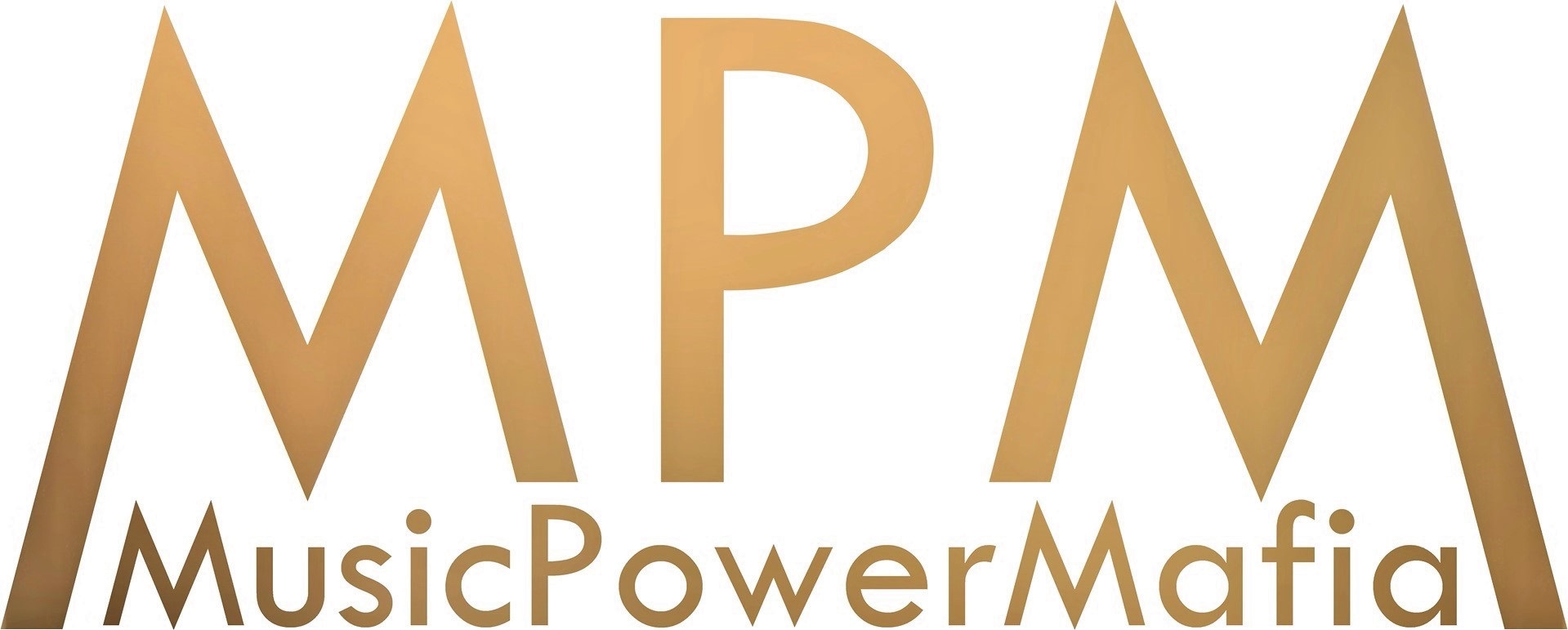Intro
Based on the Swedish copyright legislation with an international European view on copyright and conformable regulations.
Copyright (also called Author's Rights) is a statutory provision that safeguards the creator's initial exclusive right to the creation and aims to protect composers, writers, artists and other creators against unauthorized exploitation of their work.
Copyright secures the possibility of generating an economic value for the author. Thus, the work is protected from theft as well as plagiarism, manipulation and processing without the copyright holder's permission. In addition, no one may falsely claim to be the author or make money from the work without the consent of the copyright holder.
Copyright also protects the work from being treated in a way that violates the work. Copyright is usually divided into moral rights (also called the Nonprofit Rights and the Author's Droit Moral) and economic rights.

Economic Rights
Economic rights refers to the author's initial exclusive right to produce additional copies of the work and make the work available to the public.
Making multiple copies of the original work includes, but is not limited to, reprinting and copying. Dissemination of the work can take place through public screenings and performances, among other things. The economic rights may be transferred by agreement.
Moral Rights
The moral rights (also called the Nonprofit Rights and the Author's Droit Moral) ensures that the author is stated as the creator of the work. This also entitles the originator to protest if the work is changed in such a way that the product offends his reputation or the uniqueness of the work. The work may also not be used in a form that is offensive to the author.
The moral rights constitute the creator's "watermark" which, regardless of connections with companies, organizations, authorities and other groups, always belongs to the individual or individuals who created the work. Thus, the moral rights cannot be transferred, but only waived.
This applies to most countries that are covered by the Bern Convention and other international agreements, provided they comply with them.
Exceptions include the United States (USA) and the United Kingdom (UK), where the principle of moral rights is not structured in the same way in federal and national legislation. Please note that regulations on national and federal levels are considered local with respect to the music industry's global market and industry.
In other countries the moral rights can never be circumvented. Although, by agreement the author can undertake in writing not to assert it. Thus, a client cannot legally put his name on a work created by a contracted author.
References
Law :: SFS 1960:729 as amended by SFS 2018:1099. Act on Copyright in Literary and Artistic Works (Upphovsrättslagen, URL). Stockholm: Ministry of Justice L3. The Swedish Parliament, Government Offices. The Government Office's Legal Databases.
http://rkrattsbaser.gov.se/sfst?bet=1960:729
Digital Encyclopedia :: Upphovsrätt (transl. Copyright). Wikipedia. https://sv.wikipedia.org/wiki/upphovsrätt
External Site :: Andersson, Helena. n.d. Act (1960:729) on Copyright in Literary and Artistic Works (Upphovsrättslagen, URL). lagen.nu. https://lagen.nu/1960:729
External Site :: The Kopiraittila School. n.d. Upphovsrättens ABC. Vad är upphovsrätt? (transl. The ABC of Copyright. What is Copyright?) Kopiosto rf. https://kopiraittila.fi/sv/upphovsrattens-abc/
External Site :: The Swedish National Data Service (SND). 2019-08-20 11:10. Upphovsrätt (transl. Copyright). The Swedish National Data Service (SND). https://snd.gu.se/sv/hantera-data/juridiskt-regelverk/upphovsratt
External Site :: Westholm, Andreas. n.d. Del 4 Musikjuridik (transl. Part 4 Music Legal). The Promotion School. http://promotionskolan.se/del-4-musikjuridik/





